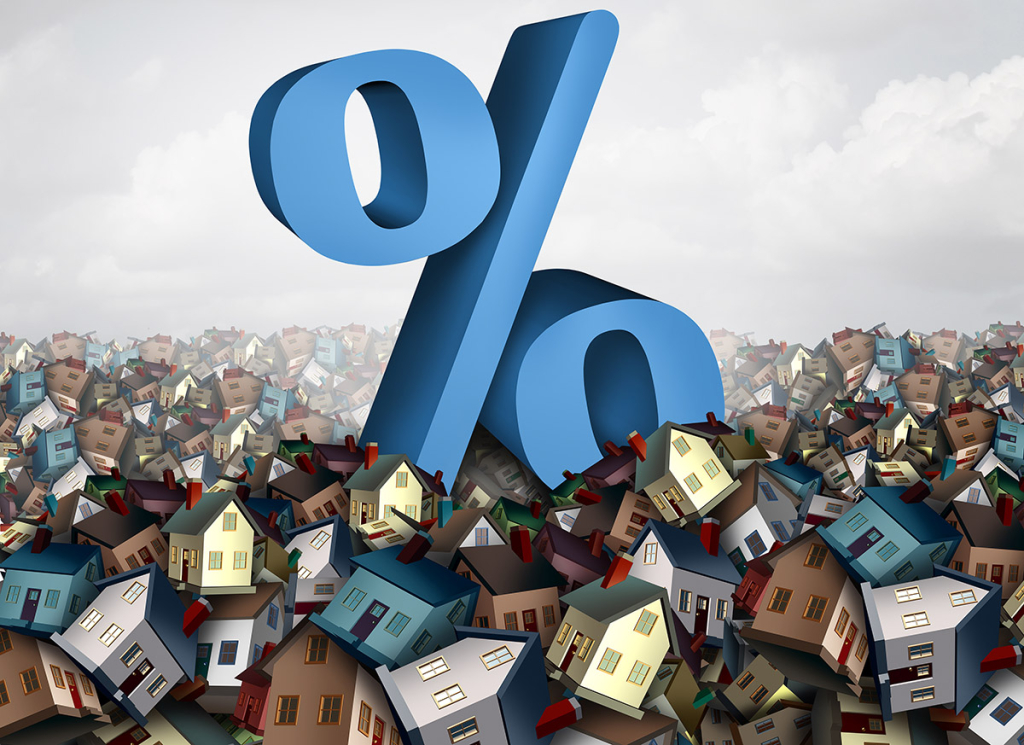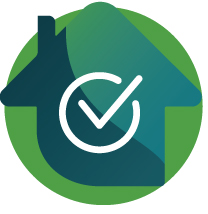Posted: April 27, 2023 by James Burns in Borrow, Assiniboine Credit Union, Bank of Canada, Canada, closed mortgage, down payment, financial advisor, fixed rate mortgage, homeowners, lender's prime rate, Manitoba, mobile mortgage specialist, mortgage payments, mortgage rates, mortgage with a credit union, mortgages, open mortgage, prime rate, principal, variable rate mortgage
How to choose the right mortgage option for you
Two-thirds of Canadians are homeowners, and just over half of those people have a mortgage. Whether you already own your home or you’re in the market to buy one, you likely have a lot of questions about mortgages.
Most mortgage holders know whether they have a fixed or variable rate mortgage, but may not remember all the details beyond that. There are several factors at play with different mortgage types beyond the interest rate.
We’ve asked some ACU financial advisors to offer their expertise to explain the different types of mortgages available, and which ones typically suit different homeowners.

Variable and fixed-rate mortgages: uncertainty vs. consistency
A fixed-rate mortgage is guaranteed to stay the same over the length of your mortgage term, regardless of Bank of Canada policy or interest rate changes at your financial institution .
Variable mortgage rates, on the other hand, are based on the lender’s prime rate, which follow changes to the Bank of Canada rate. Typically, if the Bank of Canada raises or lowers its rate, banks, credit unions and other lenders will follow suit and raise or drop their prime rates.
Depending on the type of variable rate mortgage, when the prime rate goes up, you could either find yourself making larger mortgage payments or paying off less of the principal (the amount you owe on the mortgage). In the latter instance, it will take you more time to fully pay off your mortgage.

So, which type of mortgage suits which kind of borrower?

“Most people tend to choose fixed-rate mortgages, even before the recent jumps in variable interest rates,” says Jay De Leon, Financial Advisor at ACU’s Garden City branch. “They don’t want to have to worry about rate changes.”
Fixed-rate mortgages are ideal for anyone who wants to know their mortgage and principal payments will remain the same. For the past decade and more, however, borrowers with variable-rate mortgages generally paid less in interest. “Before Covid, variable rates were lower, and even if prime went up by 0.5%, it would still be less than fixed,” says Jay.
Now, though, with variable rates considerably higher than fixed rates, there’s no benefit in taking on the added risk that rates could go up.
Open and closed mortgages: flexibility vs. rigidity
An open mortgage lets you pay off some or all of the amount you owe on your mortgage at any time without penalty. A closed mortgage is less flexible; you can’t pay it off in full (or pay off any more than your prepayment conditions allow), renegotiate the rate or increase the amount you owe until the end of the term.

“An open mortgage is ideal for someone who might be moving homes shortly or will soon come into a large sum of money,” says Marsharee Lindsay, Financial Advisor at ACU’s Pembina branch. “With an open mortgage, you won’t pay any penalties if you pay off your mortgage early. It’s totally flexible.”
On the other hand, if you break your closed mortgage before the term is up, you could face significant penalties. “Closed mortgages offer better rates than open mortgages,” explains Marsharee, “so they would be a better choice for people who know they will stay in their home for the whole mortgage term.” Most types of mortgages are closed mortgages.
High ratio and conventional: insured vs. uninsured
If you pay less than 20% of your home’s value for the down payment, your mortgage is considered high ratio. Mortgages with down payments of 20% and above are conventional.

“High ratio mortgages are for homebuyers that are looking for a smaller down payment of less than 20% of the purchase price,” explains Glenda Bahalla, Financial Advisor. “By paying less down payment, a mortgage premium insurance will be added to your mortgage but will be amortized for the life of your mortgage. With a 5% down payment, homebuyers don’t have to wait to own a home.”
While mortgage insurance can cost up to 4% of the loan amount, high-ratio mortgages do have advantages.
Short-term and long-term: better rates for longer commitment
The mortgage term is the length of time you sign up for a mortgage — usually between six months and five years. Normally, five-year terms are the most popular because they typically offer the lowest interest rates. However, that has changed recently.

“I’ve noticed my clientele sticking to two- or three-year timeframes,” Marsharee notes. “They’re hoping rates will drop in two years or so, so they’re riding it out for now and not locking into five years.”

“In normal times, the types of mortgages with short terms are for people who expect to move homes soon,” she explains further. “Longer-term mortgages are for people who are likely to stay in their home, and they benefit from a lower interest rate.”
Which of these mortgage types is right for you?
Many people simply focus on the lowest possible mortgage rate, but that’s often not the best mortgage for them.

“We look at your entire financial picture when we give mortgage advice,” Jay explains of the team’s approach. “We’re not just selling a product. We want you to have a mortgage that will improve your overall finances.”
An ACU financial advisor will analyze your long-term financial plan and explain the different mortgage types available — before recommending the right type of mortgage for you.

The ACU mortgages page provides more information on the different mortgage types available.
When you’re ready, talk to an ACU financial advisor to discuss the best type of mortgage for you.

Call us at 1.877.958.8588 or book an appointment online today.
Up Next
Community stories
Read more ›
Celebrating the 10th anniversary of student-run credit union
Just over 10 years ago, a survey circulated at Winnipeg’s Technical Vocational High School. The results showed that students at the school, commonly known as Tec Voc, felt short-changed—they were…
Borrow, Business growth, Community stories
Read more ›
Kilter Brewing Co. serves up craft beer and community connection in St. Boniface
Deep in the heart of St. Boniface, Kilter Brewing Company is a hidden treasure—an oasis for Winnipeggers to escape their day-to-day routines, enjoy craft beer and connect with their community….
Borrow, General, Money tips
Read more ›
How to use a mortgage calculator to budget better
Learn how to use ACU’s mortgage calculator to figure out how much mortgage you can afford, and what budget you should set before you start house hunting. A mortgage lender…




